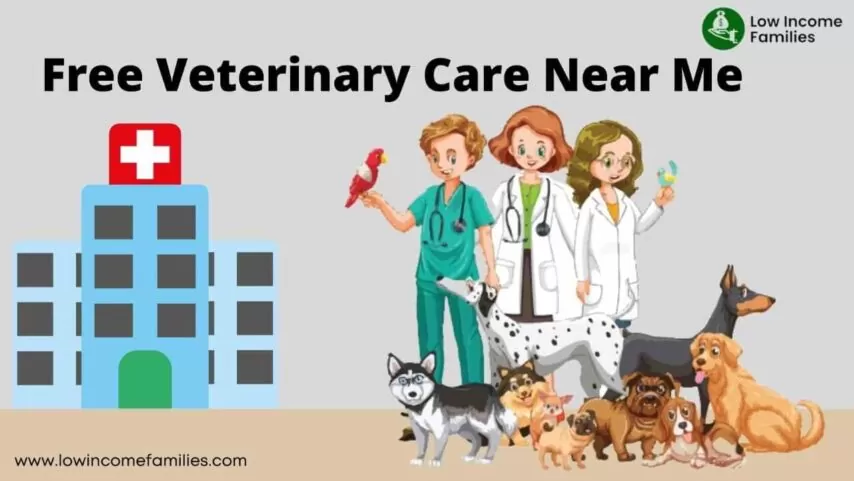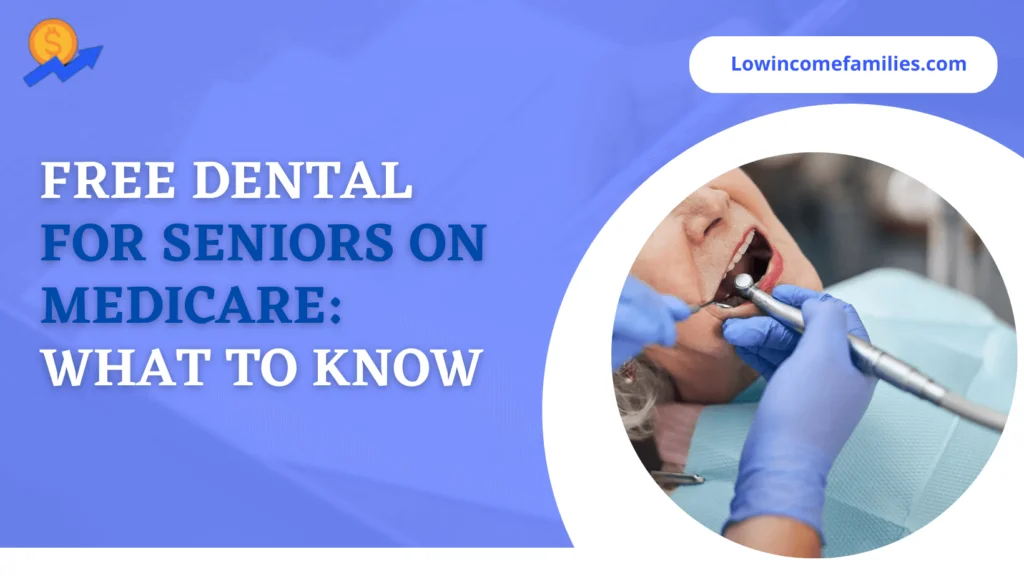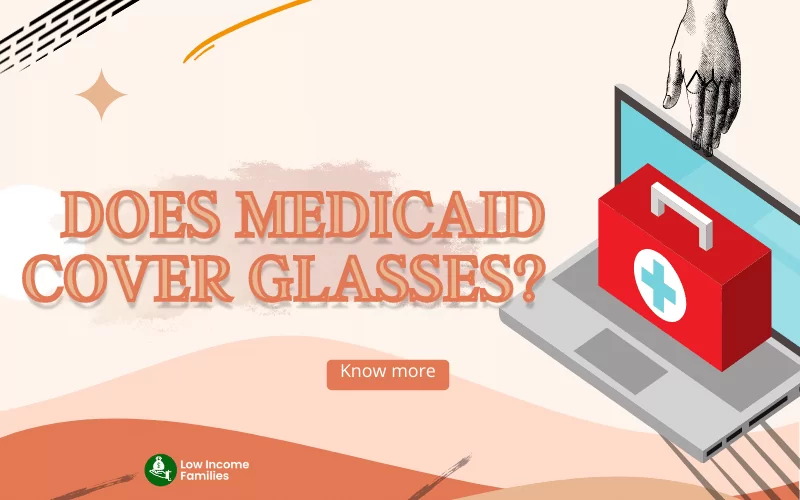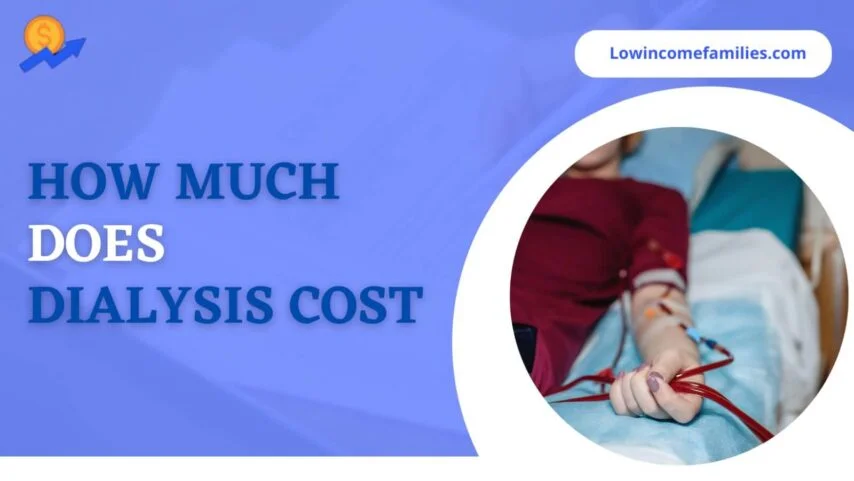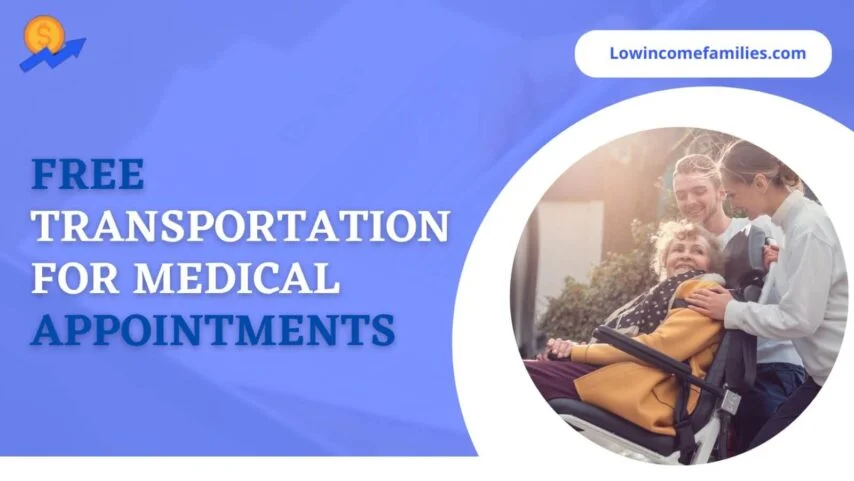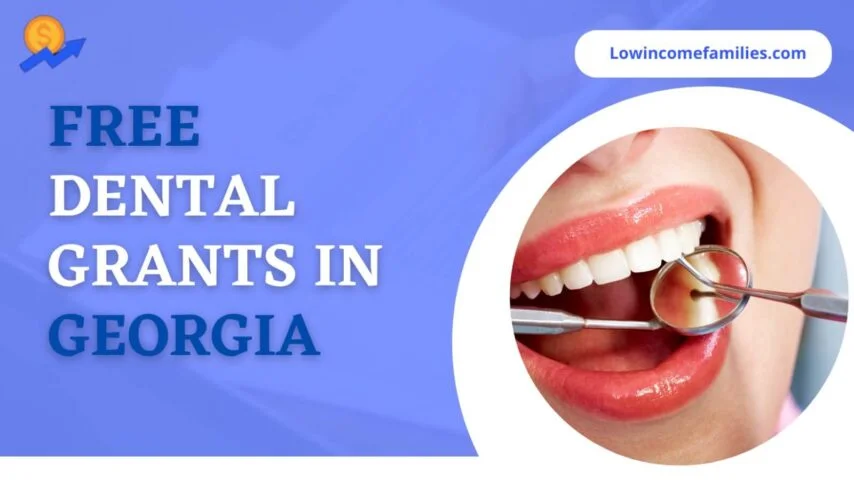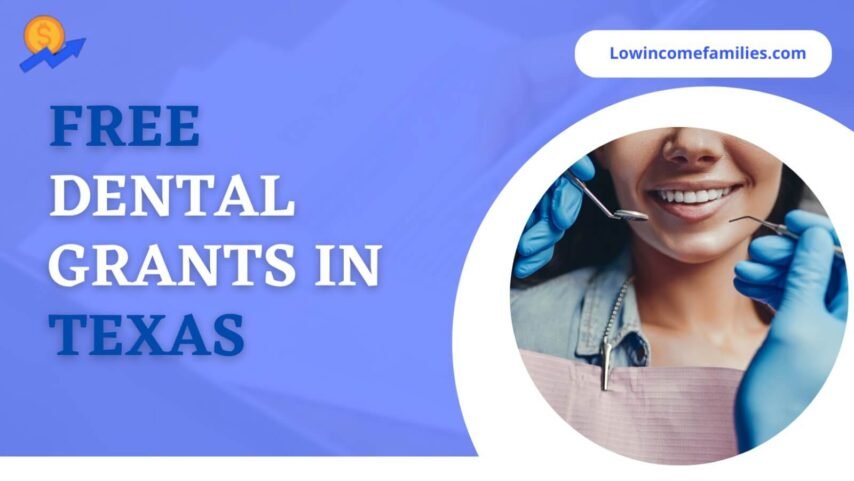As a pet parent, you want to do whatever it takes to take care of your pet. This includes regular daily activities to keep them happy and healthy.
Responsible pet owners begin with regular visits to the veterinarian. Dogs and cats should check out at least once or twice a year because they have a shorter lifespan than humans.
Depending on your pet’s vaccination schedule, it can be done frequently when you are young, but to establish and maintain your pet’s health, you need to keep up with your veterinarian’s consultation as your pet grows older.
Trips to the veterinarian can be rewarding. Cats in particular may hesitate to go out of a cozy place at home, but there are ways to reduce the stress of both.
It’s a good idea to familiarize the owner with the cat as a kitten.
Must Check:
All others free stuff for low income families.
Why Do We Need Veterinarians For Our Pets?
Veterinary care is an important part of the animal care and use program. The main focus of veterinarians is to oversee the welfare and clinical care of animals used in research, testing, education, and production.
This responsibility extends to the constant monitoring and promotion of animal welfare during animal use and at all stages of animal life.
Happiness is determined by considering the physical, physiological and behavioral indicators that vary from species to species. The number, type, and use of animals housed in the facility can affect the complexity of the veterinary care program, but regardless of the number of animals or species housed, high-quality care and ethical standards. You need to provide a veterinary program to provide.
Appropriate veterinary care programs consist of animal welfare assessments and effective management of animal acquisition and transport.
- Preventive medicine (including quarantine, animal biosecurity and surveillance)
- Clinical illness, disability or related health problems
- Protocol-related illnesses, disorders and other consequences
- Surgery and perioperative care
- Pain and worries
- Anesthesia,and analgesia
- Euthanasia.
The Veterinary Care Program is the responsibility of a Therapeutic Veterinarian (AV) who has training or experience in the science and medicine of laboratory animals or is qualified to take care of the species otherwise used.
Some aspects of the veterinary care program may be performed by someone other than the veterinarian, but the responsible veterinarian ensures timely and accurate information on animal health, behavior, and welfare issues. As provided, a mechanism of direct and frequent communication needs to be established, and appropriate treatment or euthanasia is provided.
The Organizations That Offer Free Veterinary Care For Low Income Near Me
Not only because of illness, but pets also need regular care to ensure that they are friendly and good companions to people. Veterinary costs are very high and it is important to seek veterinary care, even if you cannot afford it. Indeed, these organizations are helping with money and grants for those who feel the need.
However, it is also important to note that research and investigations are needed to obtain accurate information and to reach the right place for low-income people to support free veterinary care.
AVMF’s Veterinarian Care Charitable Funds
One of the oldest and biggest veterinary associations in the world, the American Veterinary Medical Association (AVMA), has a non-profit arm called the American Veterinary Medical Foundation (AVMF).
Worldwide, there are around 95,000 veterinarian members who engage in various professional activities. The Foundation has supported education, research, animal welfare, and disaster assistance for veterinarians for more than 55 years.
FluffyRX
FuffyRX is very pleased to offer this free Fluffy Rx app. This can offset the high cost of PET prescription drugs with savings.
For pet owners, it’s amazing that local pharmacies can be filled with many veterinary drugs. Some medicines are intended for veterinary use only, but many are the same or similar to those used in human medicine. Price differences between human and veterinary drugs can be significant.
All you have to do is request a written prescription from your vet and take it to the pharmacy with the FluffyRx app. It is important to ask the vet for a written prescription (before you check out) while you are in the office with him/her and your pet.
This allows the vet to know that it is better to have a prescription in writing that can be taken to the pharmacy than to fill out the prescription in his office.
Handicapped Pets Foundation
The Handicap Pet Foundation is a non-profit organization that aims to extend the life of pets by supporting them with the exercises and exercises they need to lead a long, happy and healthy life. They donate wheelchairs to zookeepers who have proven financial needs.
This non-profit organization’s goal is to promote alternatives to euthanasia and extend the lifespan of otherwise healthy dogs. As a result, it brings joy to the owner and his dog when the first wheel is turned and promotes sustainable mobility.
Paws 4 A Cure
Paws 4 A Cure is a 501 (c) (3) non-profit organization based in the United States that provides financial support to people across the United States who cannot afford veterinary care for their beloved furry families. Paws 4 A Cure helps dogs and cats with any illness or injury.
They rely solely on the support and contribution of those who care for our dog and cat companions. Consider tax-deductible donations.
Imagine you can’t afford emergency veterinary care or maintenance medicine for your dog or cat because you don’t have enough money or you don’t have enough money. Tax-deductible donations are very important for families who need Paws 4A Cure support to provide veterinary care to furry families.
Pet Funds
The Pet Fund only funds non-essential and non-urgent care. This includes medical care that goes beyond basic care but does not require urgent treatment. Unfortunately, due to a large number of applicants for our fund, there is a chronic waiting list for funding. If an emergency stop occurs here-the pet fund is useless.
Veterinary medical funding applications can only be submitted online and require access to a printer. If you don’t have internet access, you’ll need to go to a computer, printer, or local library with internet access. Alternatively, you can ask the veterinary clinic for help, or ask your friends and family for help. Application rules
Please note that donations are never paid directly to an individual. The Pet Fund will only refer you directly to the treating veterinarian if your application has been approved and treatment is planned. Funds are limited and the Pet Fund strives to use limited funds in the most responsible way. The
Pet Fund does not discriminate on the basis of age, gender, sexual orientation, race, or disability. The Pet Fund reserves the right to refuse to fund for any reason. For more information on the application process, please read the complete application agreement.
Harley Hope Foundation
The Foundation serves pets, especially low-income pet owners, companion animals, the elderly, and short-term foster parents.
Pet owners don’t want their beloved pets to suffer because medical costs are out of their reach. To avoid painful choices, consider taking out pet health insurance like Pet Plan for future medical needs.
Why Do Pets Need Veterinarian Services?
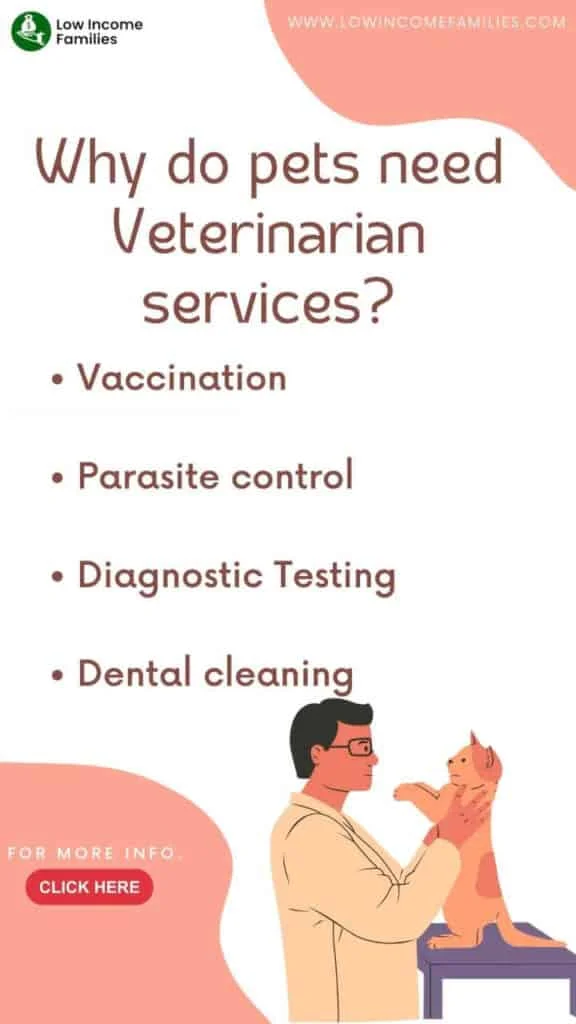
Vaccination
Vaccines help stimulate the dog’s immune system to protect itself from the invasion of disease-causing organisms. Vaccines contain antigens that mimic the organisms that cause disease in the dog’s immune system, but they do not cause the disease.
The purpose of puppy and dog vaccines is to slightly stimulate the immune system by recognizing the antigens that are present. This is a way that when a dog is exposed to a real illness, its immune system is aware of it and is therefore ready to repel it, or at least mitigate its effects.
Parasite Control
Parasites can pose a risk to pets, depending on their lifestyle and destination. Fleas and mites are usually the most common, but pets are at risk of infection with other parasites such as heartworm when traveling to areas where they are common.
- Fleas :
Fleas are ectoparasites that eat the blood of birds and mammals. If left untreated, fleas can quickly spread throughout the house.
- Ticks :
These ectoparasites consume mammalian blood and are responsible for spreading many serious illnesses to humans and pets.
- Ear Ticks :
The ear canals of dogs, cats, and other mammals are home to small, highly contagious mites. These parasites propagate continuously throughout their lives.
- Hook Worm :
These parasites live in the digestive tract of cats and dogs and feed on the blood of pets. Hookworms can lead to anemia and other serious illnesses.
- Times Insect :
T parasites live in the intestines of pets and feed on partially digested contents. This parasite can steal important nutrients from your pet.
Diagnostic Testing
Your pet’s blood can provide a lot of valuable information about your pet’s health and condition.
Blood test results are stored in the pet’s records and can be used for comparison annually, allowing close monitoring of the pet’s health.
- Urinalysis :
Your pet may ask you to bring a urine sample when you book. Because, like the blood of your pet, their urine can provide important information about their health, especially their urine health.
- Fecal Test :
Most pet owners are advised to have their pet stool test twice a year. The main purpose is to confirm the presence of endoparasites such as roundworms, tapeworms, whipworms, and hookworms.
These live in your pet’s digestive system and can make them very ill and uncomfortable to live with. The worm and a small portion of its eggs can invade the pet’s feces, making it easy to find the pet when the sample is placed under a microscope.
Dental Cleaning
Proper dental treatment at home consists of daily brushing. Like humans, dogs need to remove plaque and biofilm from their teeth every day to avoid tooth disease. The majority of dogs accept daily brushing from their owners.
Veterinarians teach you how to brush your dog’s teeth and provide you with the best brush and toothpaste for your dog’s size and taste. Brushing a dog’s teeth is a bond-building experience for the owner, and the dog can enjoy the process.
However, not all dogs are tolerable, and not everyone is willing or able to brush their dog’s teeth. We can work with you to find the next best home care solution.
How Can You Find The Nearest Free Veterinarian Clinic?
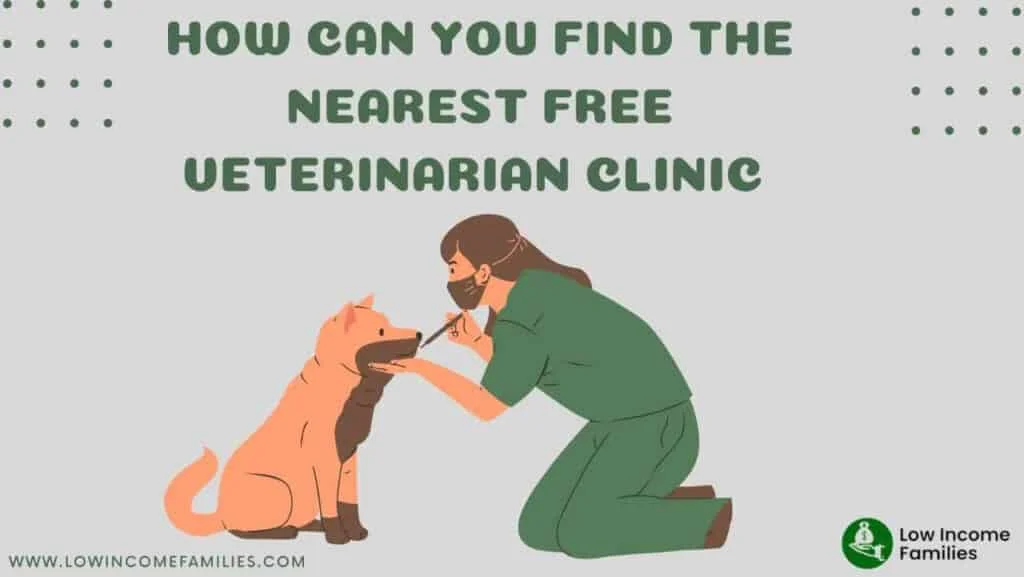
Google Search
First, try to find the closest free Veterinary Clinic in your area. Google is an example of a site that you can use to search for free veterinary clinics in your area. In addition, you can use Google Maps to get accurate directions to these locations.
Search Yelp
You can also check. Yelp is a website where restaurants and other types of companies post reviews. To find a free veterinary clinic, you can search Yelp for “Find a free veterinary clinic near you.” You can also look at past experiences with one of these clinics to see if it’s worth contacting.
Role Of Pets In Your Life
Most pet owners recognize the direct joy of sharing their lives with their pets. However, many of us are unaware of the physical and mental benefits that can be accompanied by the joy of snuggling up to our furry friends. Most recently, some studies have begun to scientifically investigate the benefits of human-animal coupling.
Pets have evolved to be in strong harmony with people and our actions and emotions. For example, dogs can understand many of the words we use, but they are even better at interpreting our voice tones, body language, and gestures.
And like other good human friends, loyal dogs look into your eyes to measure your emotional state and try to understand what you think and feel (and). Of course, think about when your next walk or treatment will be).
Pets, especially dogs and cats can reduce stress, anxiety, and depression, relieve loneliness, promote exercise and playfulness, and even improve cardiovascular health. Taking care of animals can help children grow safer and more actively. Pets are also a valuable company for the elderly. Perhaps most importantly, having a pet can bring true joy and unconditional love to your life.
Indeed, pet owners often have greater health benefits than non-pet owners, but pets don’t necessarily have to be dogs or cats. Rabbits are ideal if you are allergic to other animals or have limited space but want to snuggle up to your furry friends.
Conclusion : –
When you are already in financial distress, it can be difficult to pay to take care of your pet. Whether you are unemployed, living on a low income, or experiencing a difficult financial situation, these free and/or low-cost veterinary care services can be very helpful.
Frequently Asked Questions
What can I do for a sick dog without money?
Check out the special allowance program for Service Dogs and the Gandalf Foundation. The American Society for the Prevention of Cruelty to Animals (ASPCA) can also be a source of information.
What if I can’t afford to pay the veterinary invoice?
If you’re faced with an expensive veterinary bill that you can’t afford, consider asking your veterinarian about plans for installments, finding animal welfare or charities, or using a credit card or personal loan in a pinch.
Who is eligible for PDSA treatment?
To qualify for low-cost treatment and medication, you must live within the zip code area of one of the veterinary clinics and receive at least one of the following benefits: Child Tax and Labor Tax Credits.
What if I don’t have the money to take my cat to the vet?
Pet Fund-This organization provides financial assistance to pet owners who need veterinary care and cannot afford expensive surgery or treatment.
